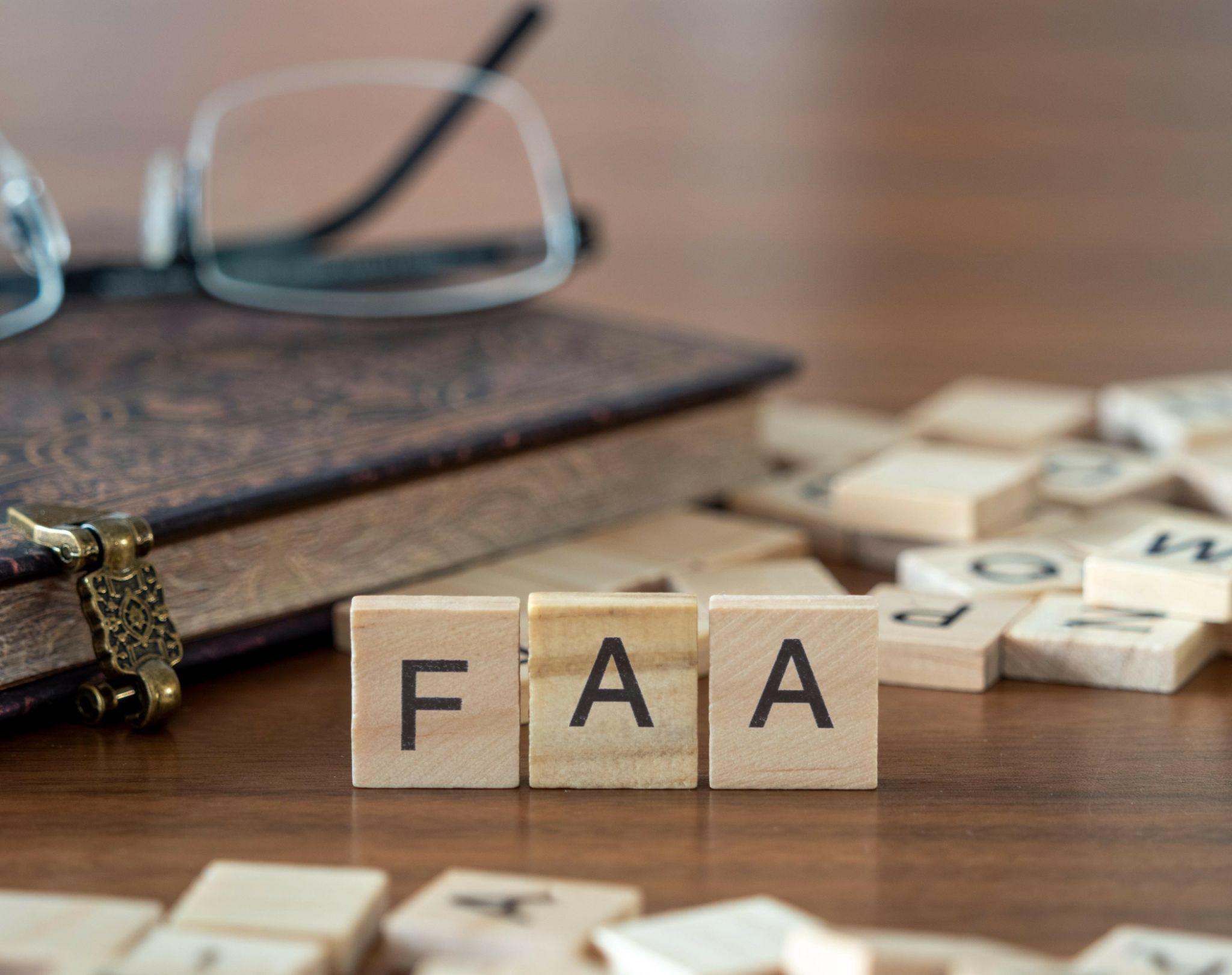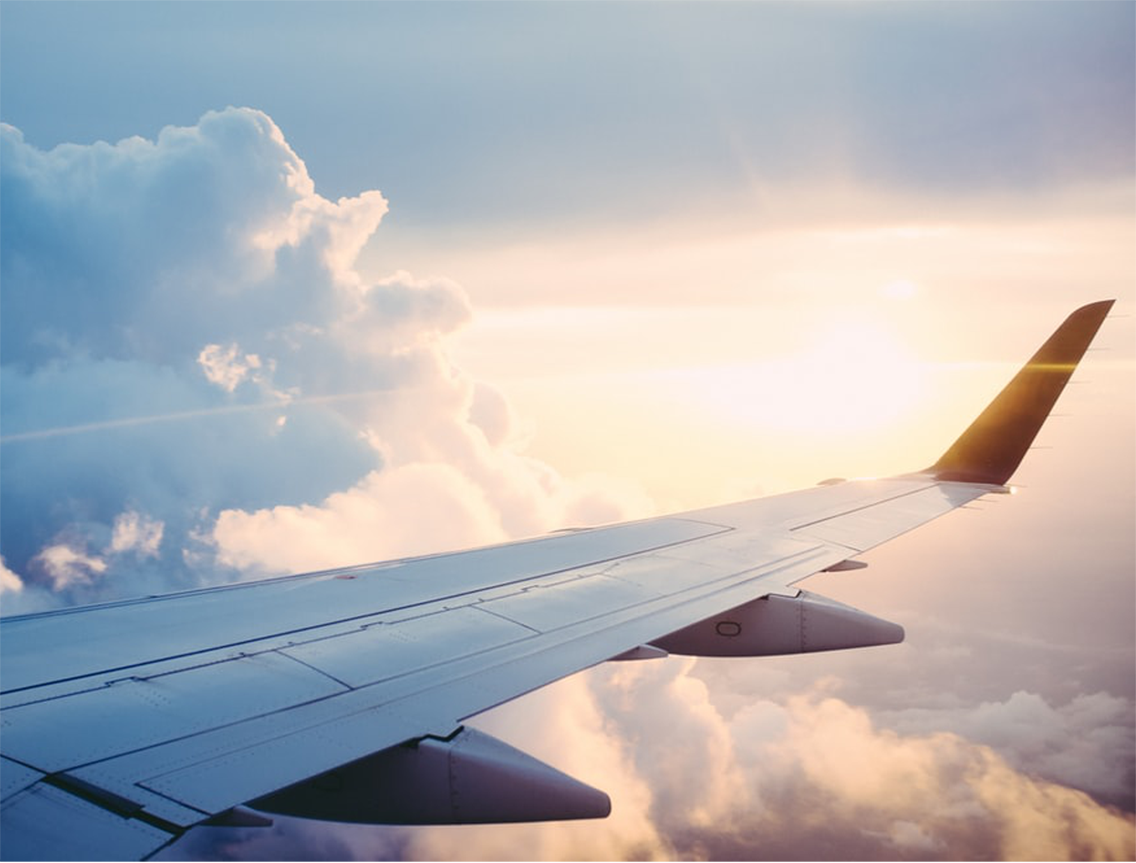The United States, with its established aviation industry and diverse landscapes, is a sought-after destination for pilots globally. Many international pilots harbor both a passion to fly in U.S. airspace and an aspiration to attain permanent residency.
While the FAA ATP (Airline Transport Pilot) license signifies a high level of piloting proficiency, it does not, in itself, guarantee eligibility for the EB-2 Visa category. However, pilots with exceptional qualifications or skills may, under certain circumstances, be considered for the EB-2 category. It’s essential for aspirants to understand the specific criteria and consult with immigration experts on this potential pathway.
A Deeper Dive into the FAA ATP License
The FAA ATP Certification, issued by the Federal Aviation Administration, validates a pilot’s proficiency and experience in operating commercial aircraft in the United States. It’s more than just an acknowledgment of a pilot’s skill. This license places its holder among an elite group of aviators, making them preferred candidates for leading airlines in the U.S. and many international carriers.
Expanding on the Path to Becoming a U.S. Pilot
- Foundational Training: The first step for many is to earn a private pilot license, which serves as the foundation for advanced certifications. During this phase, aspiring pilots learn basic aviation skills, regulations, and acquire crucial flight hours.
- Progression to Commercial License: After enhancing their capabilities with an instrument rating, pilots aim for a commercial pilot license. This intermediate step involves more intensive training, ensuring the pilot can handle complex operations and aircraft.
- Accumulating Experience: Before reaching the ATP threshold, pilots must log a significant number of flight hours. These hours, often accumulated over years, reflect the depth of a pilot’s experience and expertise.
- The Crucial ATP-CTP Course: This preparatory course is mandatory for all ATP license aspirants. The ATP-CTP imparts knowledge about advanced aircraft systems, high-altitude operations, and airline operational procedures.
- Final Examinations: The culmination of this journey is the ATP written and practical exams. Passing these rigorous assessments earns pilots the much-coveted FAA ATP license.
Green Card Through the FAA ATP License
- EB-2 Visa Category: The EB-2 Visa category is designed for individuals who either hold advanced degrees or can demonstrate exceptional ability in the sciences, arts, or business. While the FAA ATP license reflects a pilot’s high-level proficiency due to its stringent prerequisites and rigorous training, possessing this license alone does not necessarily equate to having “exceptional ability” as defined for the EB-2 classification. To be considered under the “exceptional ability” criteria, applicants must provide additional evidence and documentation beyond just the FAA ATP license.
- Bypassing the Job Offer Requirement: While the EB-2 category typically mandates a specific job offer, certain exemptions exist. Pilots who can demonstrate their contributions to U.S. national interests, such as operating crucial routes, helping with a pilot shortage, or contributing to aviation safety, may be eligible for a National Interest Waiver. However, the requirements to qualify for a National Interest Waiver are rigorous and not every pilot will be eligible.
- Demonstrating Stable Employment: A successful stint with a U.S. airline, backed by the FAA ATP license, acts as a testament to a pilot’s reliability and commitment, strengthening their EB-2 application. It’s essential to note that these alone won’t guarantee EB-2 eligibility. However, they can indeed support an application by demonstrating expertise, reliability, and commitment.
- Navigating Legal Pathways: The intersection of aviation and immigration laws can be intricate. Thus, hiring an experienced immigration attorney becomes pivotal. They can strategize your application, ensuring it aligns with both aviation standards and USCIS guidelines.
While various factors, such as stable employment or specialized certifications, can bolster an applicant’s case for the EB-2 visa, it’s crucial to understand that these elements only enhance eligibility. They don’t promise a visa approval. Each EB-2 visa application is reviewed on its own merits, and several variables come into play during the decision-making process. Hence, even with favorable credentials, there is no absolute assurance that an applicant will receive the visa.
The FAA ATP license

Obtaining an FAA ATP license is a significant achievement that can greatly enhance a pilot’s career prospects on an international scale. This certification is a key qualification for many major aviation roles in the United States. While the ATP license demonstrates a pilot’s high level of proficiency, it is important to note that it alone does not directly lead to U.S. permanent residency via the EB-2 Visa category. However, with exceptional ability and the appropriate legal guidance, some pilots might navigate the intricate path of U.S. immigration to achieve their aspirations.
Why Choose Kingsky for Your ATP Courses?

For international pilots eyeing a future in the U.S., the FAA ATP Certification is more than just a certification; it is a stepping stone to vast career opportunities and potentially a path toward permanent residency in the United States. An FAA ATP license showcases advanced skills and dedication—qualities that may bolster one’s case for the EB-2 visa category meant for individuals with exceptional ability.
By training with Kingsky Flight Academy, aspiring pilots can not only equip themselves with this esteemed certification but also position themselves favorably in the competitive U.S. aviation market and the immigration landscape. Call us today at 863) 248-2543 or dive into our ATP-CTP courses and let Kingsky Flight Academy be the launchpad to your American dream and potential EB-2 eligibility.
